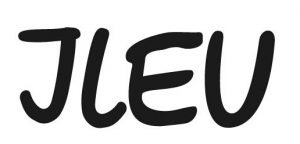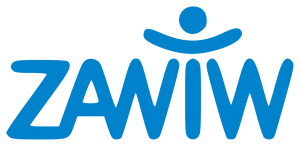General E-Learning
E-learning is an efficient method of teaching learning and assessment, based on the new information technologies (including the Internet). This method is more and more used in the training activities of human resources, ensuring collaboration and access to information for all learners, and improving the quality of the learning processes.
The activities which harness the E-learning method become true occasions of learning management: identifying ways by which one learns how to learn, to explore, to search, to select and summarise knowledge. E-learning facilitates the interaction learner to learner, learner-trainer, learner-information. The E-learning method is based on different educational tools, such as: online interactive platforms, tutorials, debate forums, video presentations, interactive tests, simulations etc. This method offers to the participants in the training activities access to the newest knowledge as well as a more comfortable way of getting involved in the learning and assessment process.
Main advantages of E-learning are:
- Allows learning through cooperation;
- Is centred on students’ needs;
- Allows access to information in real time and, in fact, anytime;
Ensures better retaining of knowledge etc.
Pedagogical Information
When applying the E-learning method, the following pedagogical requirements have to be observed: - learning content(s) have to be established in advance, that is before the training session (sometimes this content can be adjusted according to the learners’ preferences) - planning and preparation of courses has to be systematically carried out, in a coherent manner, constantly adapting the contents to the specific features of the learners; - from the perspective of learning, we must offer the learners access to auxiliary materials, setting up a time interval for the accomplishment of the learning process; - from the perspective of feedback, the trainer has to make sure that the online platform used offers the best ways of recording each learner’s progress.Applied in projects
FairGuidance
Seven organisations with different expertise in education and guidance counselling (from Bulgaria, Germany, and Romania) have worked together on this project for two years.
The project focuses on people with few professional skills, persons in an unstable employment, unemployed persons, or people of low social standing or from disadvantaged areas. Migrant background can be another motive, surely without being considered a criterion for disadvantage or poor access to education itself.
These categories of beneficiaries coming from disadvantaged backgrounds are in need of more individualised guidance services. Thus, the project meets also the field-specific priorities in adult education:
– “providing information on access to adult learning services, such as information on the validation of non-formal and informal learning and career and education guidance”
– “improving and extending the offer of high quality learning opportunities tailored to individual adult learners, including through innovative ways of outreach and delivery”
– “developing adult educators’ competences to deal with diversified groups of learners, make use of new technologies for better outreach and teaching outcomes”.
FairGuidance addresses all these policy objectives in the field of Vocational education and training (VET) and adult education.



